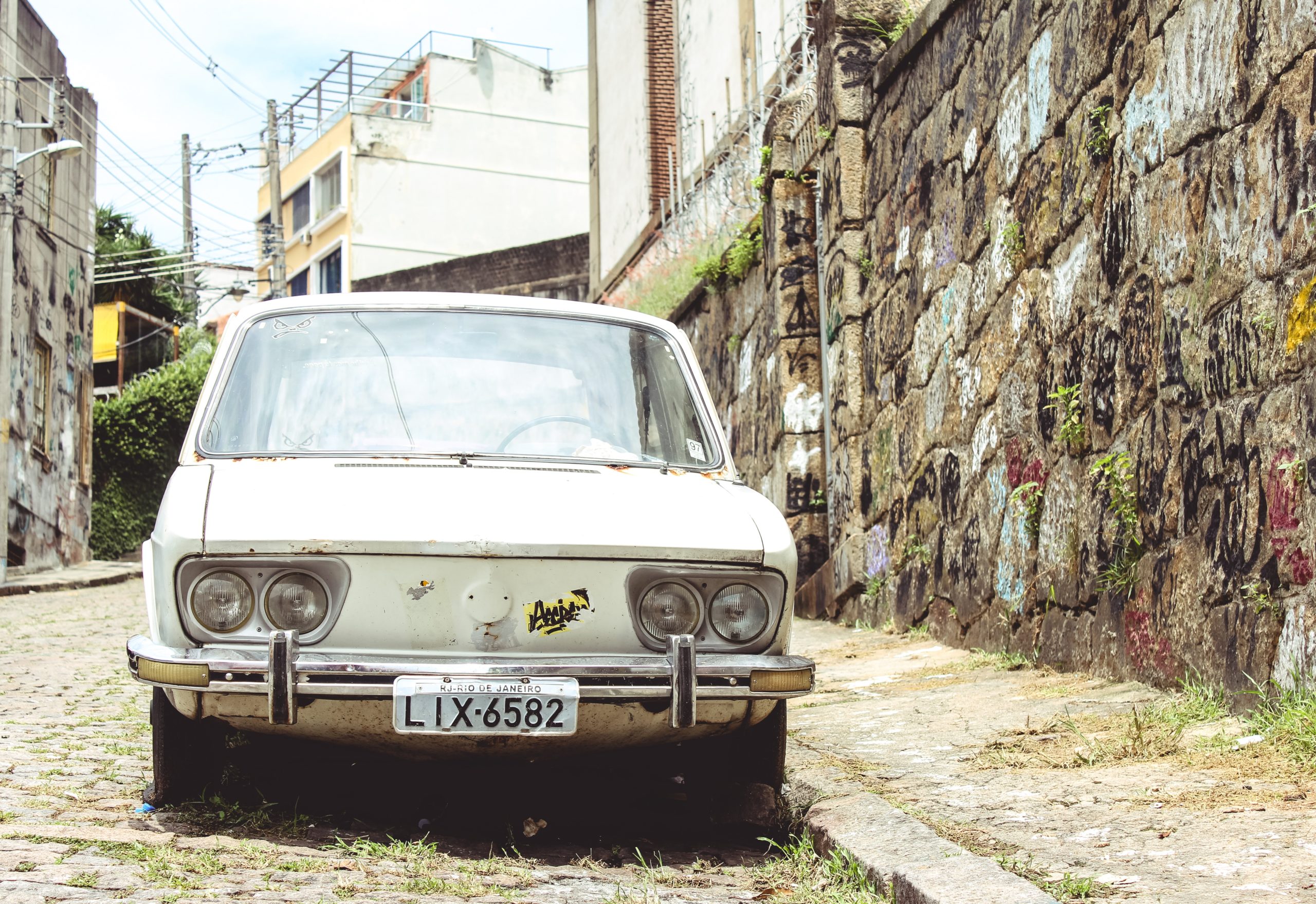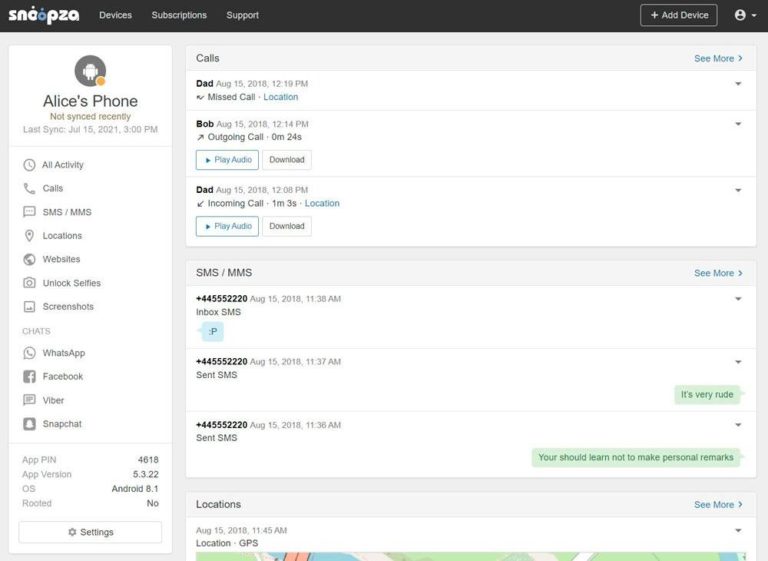Protecting Yourself When Buying a Used Car
Got your eye on a certain sweet used car that’s for sale across town? Well, before you plunk down cash, you should take some protective steps to avoid being taken for a ride.
The Issue
You can’t get too much more “as is” than buying most used vehicles. Because you have little legal recourse, you want to be sure you’re getting a good ride. Even a car with a sound reliability record can be problematic if it hasn’t been appropriately maintained.
You also don’t want to pick up something that has hidden damage from, say, a flood that could affect safety or performance. Because you need help protecting yourself when buying a used car, here are some suggestions that could save you money and head off future frustration:
- Always test drive. It doesn’t matter how “clean” a car is, how persuasive the seller is, or how low the miles are, you still need to drive the thing. While you’re at it, pay attention to unusual squeaks and rattles, or whether the car “pulls” to one side. Check for paint overspray on the backs of body panels and doorjambs, which could mean an accident. Also, be alert for whiffs of mildew or mold, which could signal water damage.
- Check Out the Title. You want to do this to avoid a major headache when you go to register. The seller should have the actual title available. Check it out for notifications – mandatory in some states — that the vehicle has been in a crash, sustained flood damage, or had some other issue. Make sure the odometer reading on the title matches what’s in the car, and that there are no outstanding liens. Take your business elsewhere if the seller doesn’t have the title or is hesitant to show it. Check out used car sites.
- Get a Vehicle History Report. This is particularly important if the title of the vehicle you’re interested in has no info about accidents or other issues. Some dealers or private sellers will pay for these reports, which are from CarFax or AutoCheck and cost under $40. Such reports might include other info including warnings about odometer tampering and outstanding recalls. As an extra preventive step, grab a complimentary VinCheck report from the National Insurance Crime Bureau, and stop by CarsForSale.com for a free National Motor Vehicle Title Information System report.
- Be vigilant. Even with the history report, you still may not get the complete picture. The vehicle’s owner may not have reported a crash or other situation to authorities or their insurance company, especially if he or she didn’t have collision coverage or decided to pay for repairs. Some cars that had been used as rentals may have sustained damage unbeknownst to you because rental car companies often self-insure. What’s more, it can take months for an accident to show up on a history report. That’s why it’s important to get the ride inspected.
- Get a Mechanic’s inspection. You need the vehicle you’re lusting after inspected by a pro. Try to find a mechanic who can look over the car for bodywork and accident repair. Depending on what the mechanic says, you could end up with a reduced purchase price if you’re going to make repairs, or you could offer to pony up the asking price if the seller fixes the issues.
Now you know how to protect yourself when buying a used car. The main thing is, no matter how much you want the ride, slow down, take a deep breath — then act wisely.








